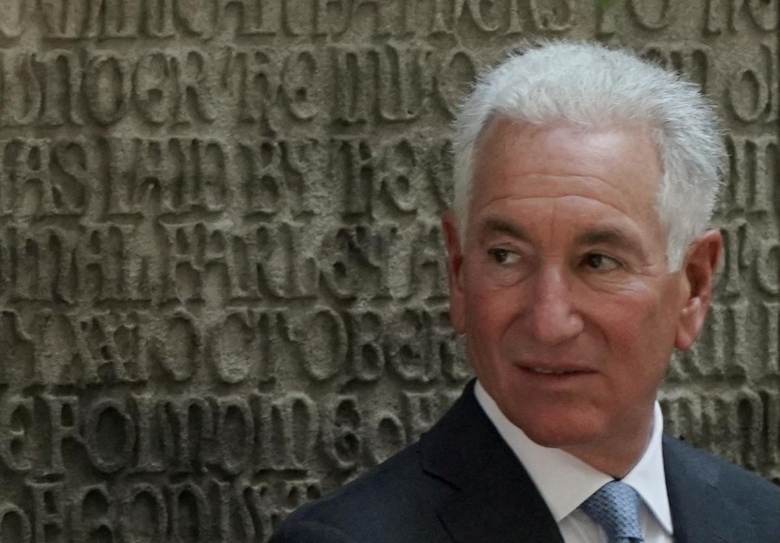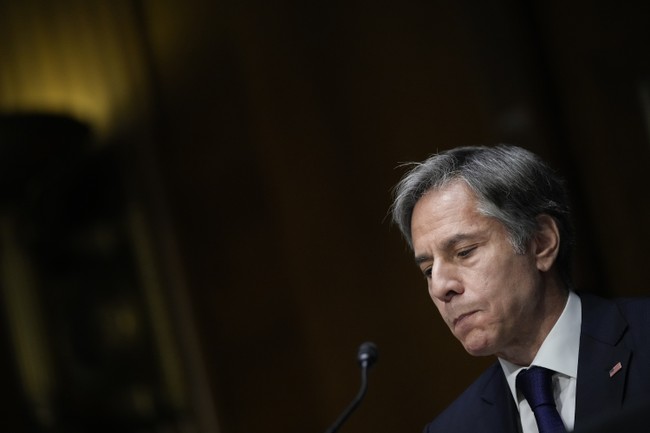Former President Donald Trump has named Charles Kushner, father of his son-in-law and former senior White House adviser Jared Kushner, as his pick for U.S. Ambassador to France. The announcement was made via Truth Social, where Trump praised Kushner’s business acumen, philanthropic contributions, and prior public service.
“I am pleased to nominate Charles Kushner, of New Jersey, to serve as the U.S. Ambassador to France,” Trump wrote. “He is a tremendous business leader, philanthropist, & dealmaker, who will be a strong advocate representing our Country & its interests.”
In his announcement, Trump highlighted Kushner’s impressive résumé, describing him as the founder and chairman of Kushner Companies, one of the largest private real estate firms in the United States. Trump also noted Kushner’s previous accolades, including being named New Jersey Entrepreneur of the Year by Ernst & Young and serving on prominent boards such as the U.S. Holocaust Memorial Council and the Port Authority of New York and New Jersey.
Trump also pointed out the significant contributions of Jared Kushner, Charles’s son, who worked closely with the Trump administration on initiatives like Operation Warp Speed, criminal justice reform, and the Abraham Accords. “Together, we will strengthen America’s partnership with France, our oldest Ally, & one of our greatest!” Trump declared.
The nomination of Charles Kushner, however, has sparked considerable debate due to his controversial past.
Charles Kushner, a prominent real estate mogul, faced serious legal challenges in the mid-2000s. In 2005, he was convicted on charges of illegal campaign contributions, tax evasion, and witness tampering. The most notorious element of his case involved hiring a prostitute to entrap a witness, leading to his conviction and subsequent prison sentence.
As a result of his legal troubles, Kushner was disbarred from practicing law in New Jersey, New York, and Pennsylvania. In 2020, Trump granted Kushner a presidential pardon, citing his significant contributions to philanthropic and business sectors as factors in his decision.
Critics argue that this appointment reflects poorly on Trump’s commitment to ethical governance, pointing to Kushner’s controversial past as a disqualifying factor for a high-profile diplomatic role.
Despite his legal setbacks, Kushner has remained an influential figure in real estate and philanthropy. His generous donations to educational and medical institutions have resulted in his name being attached to several facilities, such as buildings at Hofstra University and the Shaare Zedek Medical Center.
Kushner has also served on the boards of prestigious organizations, further cementing his reputation as a philanthropist and community leader. Supporters argue that these contributions demonstrate Kushner’s ability to overcome past mistakes and continue to provide value in public service roles.
Trump’s decision to nominate Kushner signals his desire to solidify the U.S.-France relationship. As America’s oldest ally, France has long played a crucial role in global diplomacy, and Kushner’s supporters believe his experience as a dealmaker and businessman will serve him well in representing U.S. interests abroad.
However, detractors argue that the appointment risks undermining the seriousness of the ambassadorship, given Kushner’s legal history. France, known for its rigorous diplomatic protocols, may view the choice as controversial, potentially complicating bilateral relations.
The nomination of Charles Kushner also highlights Trump’s continued influence in shaping political discourse and appointments within the Republican Party. By selecting a figure closely tied to his family and administration, Trump underscores his preference for loyalty and personal connections in key roles.
This approach, while appealing to Trump’s base, draws criticism from those who advocate for a more merit-based system for such appointments. The nomination could become a flashpoint in the broader debate over qualifications and ethical considerations in public service.
Charles Kushner’s appointment as Ambassador to France encapsulates the polarizing nature of Trump-era politics. For his supporters, Kushner’s business success and philanthropy are testaments to his resilience and capability. For critics, his criminal past raises serious concerns about his suitability for a diplomatic role.
As the nomination process unfolds, it will undoubtedly fuel further debate over the balance between redemption and accountability in public service, as well as the continued influence of Trump’s personal and political networks on U.S. foreign policy.
With the eyes of the world on this high-profile ambassadorship, Charles Kushner’s tenure—if confirmed—will be closely watched, both in Washington and abroad.


I’m unsure about this one, but I imagine that President Elect Trump is going to pull another Gaetz move.
He’s got an ace up his sleeve. This guy isn’t the real pick.